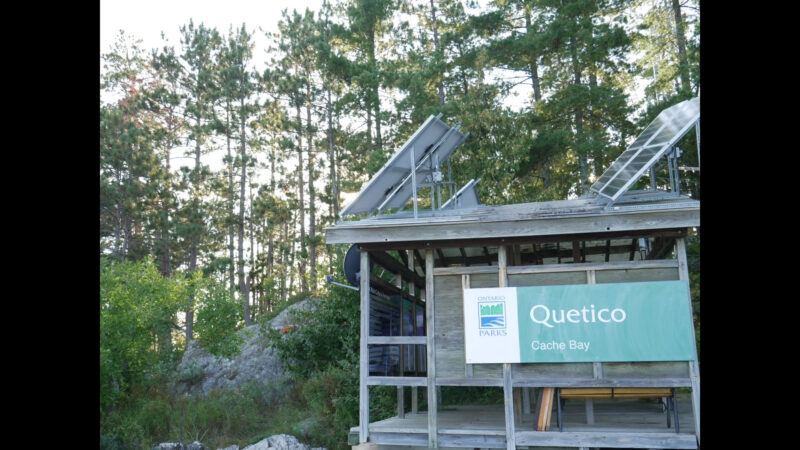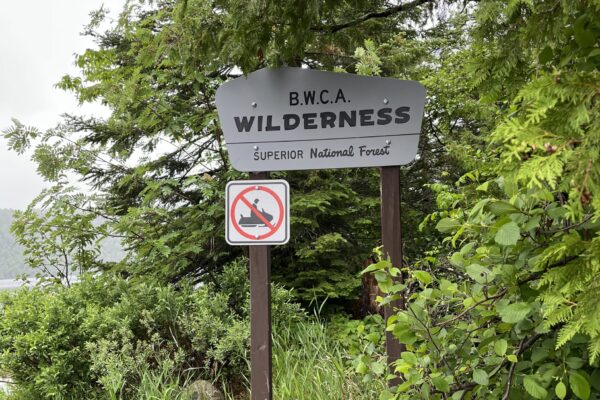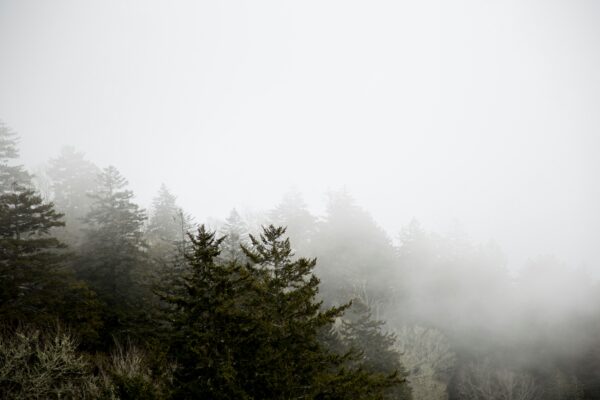Remote Area Border Crossing permits are back for most of 2022 paddling season in Quetico
The time has come for property owners on the Canadian side of Saganaga Lake to travel home.
On the water.
For the first time since May 2020 and the early stages of the COVID-19 pandemic, the Canadian government will once again offer Remote Area Border Crossing (RABC) permits. The program through which the permits are issued will start again July 8, according to Quetico Provincial Park officials.
The Remote Area Border Crossing program enables individuals wishing to cross the border into Canada in certain remote areas to be processed without reporting to the Canada Border Services Agency (CBSA). In a statement sent to WTIP July 5, CBSA spokeswoman Karine Martel said the temporary suspension of the RABC program will be lifted and service is expected to resume in the coming days. The RABC permits allow U.S. citizens to cross into Canada on various border lakes – from the Gunflint Trail area to Rainy Lake – without stopping at a customs checkpoint. The permits were suspended May 12, 2020.
At this time, RABC permits are valid only for the areas listed below:
–From Pigeon River through to and including Lake of the Woods. This includes Gunflint Lake and Saganaga Lake.
–The Canadian shore of Lake Superior
— Cockburn Island
— Sault Ste. Marie (upper lock system)
–Northwest Angle area
Without RABCs, U.S. citizens who owned property on lakes across the Canadian border were not able to travel into Canada unless they went through a customs check point. Cabin owners who are U.S. citizens but own property on the Canadian side of Saganaga Lake at the end of the Gunflint Trail is an often referenced example in this situation.
The suspension of the Remote Area Border Crossing Program also meant the closure of the Cache Bay Ranger Station, the primary means of accessing Quetico from the end of the Gunflint Trail. This had an impact on access, but also on towboat operators who frequently transported Quetico paddlers from the end of the Gunflint Trail to drop off locations near Cache Bay.
WTIP spoke with Quetico Park Superintendent Trevor Gibb in early May near the start of the paddling season about the future of the Cache Bay Ranger Station. The last ranger to be stationed at the remote outpost full time was the late Janice Matichuk in 2019. Gibb said a determination will be made shortly after the RABCs are reinstated regarding who will be at the ranger station this summer.














